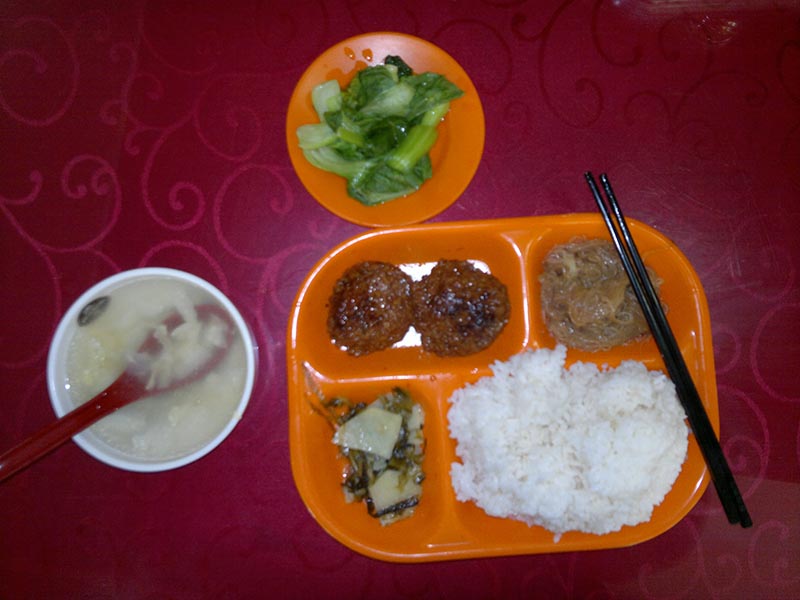Govt staff lunch menu guideline soon
It is meant to change people’s food habits, veer them away from junk food
Kathmandu, September 3
The government is set to come up with a lunch menu guideline for government employees and schoolchildren across the country.
The move is meant to ensure that government staff and schoolchildren eat nutritious and healthy food meeting minimum standard, instead of the junk food they usually eat.
Nutrition guideline will be completed within a month, said Kedar Raj Parajuli, chief of Nutrition Programme, Family Welfare Division, in the Department of Health.
Nutrition Specialist Uttam Acharya said the guideline was meant to change people’s food habits and veer the public away from junk food.
The guideline will be implemented at provincial and local levels after the approval of the Ministry of Health and Population.
“There is large scale consumption of junk food items during lunch which is unhealthy,” said Parajuli.
“Junk food items do not have nutritional value. They have more salt, sugar and oil. Consumption of such food increases risk of non-communicable diseases, including obesity and heart diseases,” said Acharya.
World Health Organisation has recommended balanced diet for children and infants. Such a diet includes grains, roots and tubers, legumes and nuts, dairy products (milk, yoghurt, cheese), flesh food (meat, fish, poultry and liver/organ meat), eggs and fruits and vegetables.
“The guideline is likely to recommend that cereals, fruit, vegetable, legumes and flesh food items are included in lunch,” said Parajuli.
Food items should be rich in both macro-nutrients — carbohydrate, proteins etc — and micro nutrients — iron, iodine, Vitamin B12 etc — for physical and intellectual growth and development, said Acharya.
When children don’t eat nutritious food they suffer from anaemia, have low immunity, disabilities and suffer from stunting, said Parajuli.
Although sale of junk food is restricted inside schools, students still have an easy access to such food items. “We’ll try to restrict sale of such items in the periphery of schools,” added Parajuli.
A recent joint study conducted by Helen Keller International Nepal and the Ministry of Health and Population revealed that children aged below two years who consumed junk food were found to be suffering from nutrition deficiency. “Infants and children should be given balanced diet to ensure their appropriate growth and development. They are vulnerable to malnutrition, morbidity and mortality,” said Parajuli.
The guideline will also have information on how to cook healthy and nutritious food — use of oil and spices and their health effects, along with cooking methods such as boiling, frying and baking.






